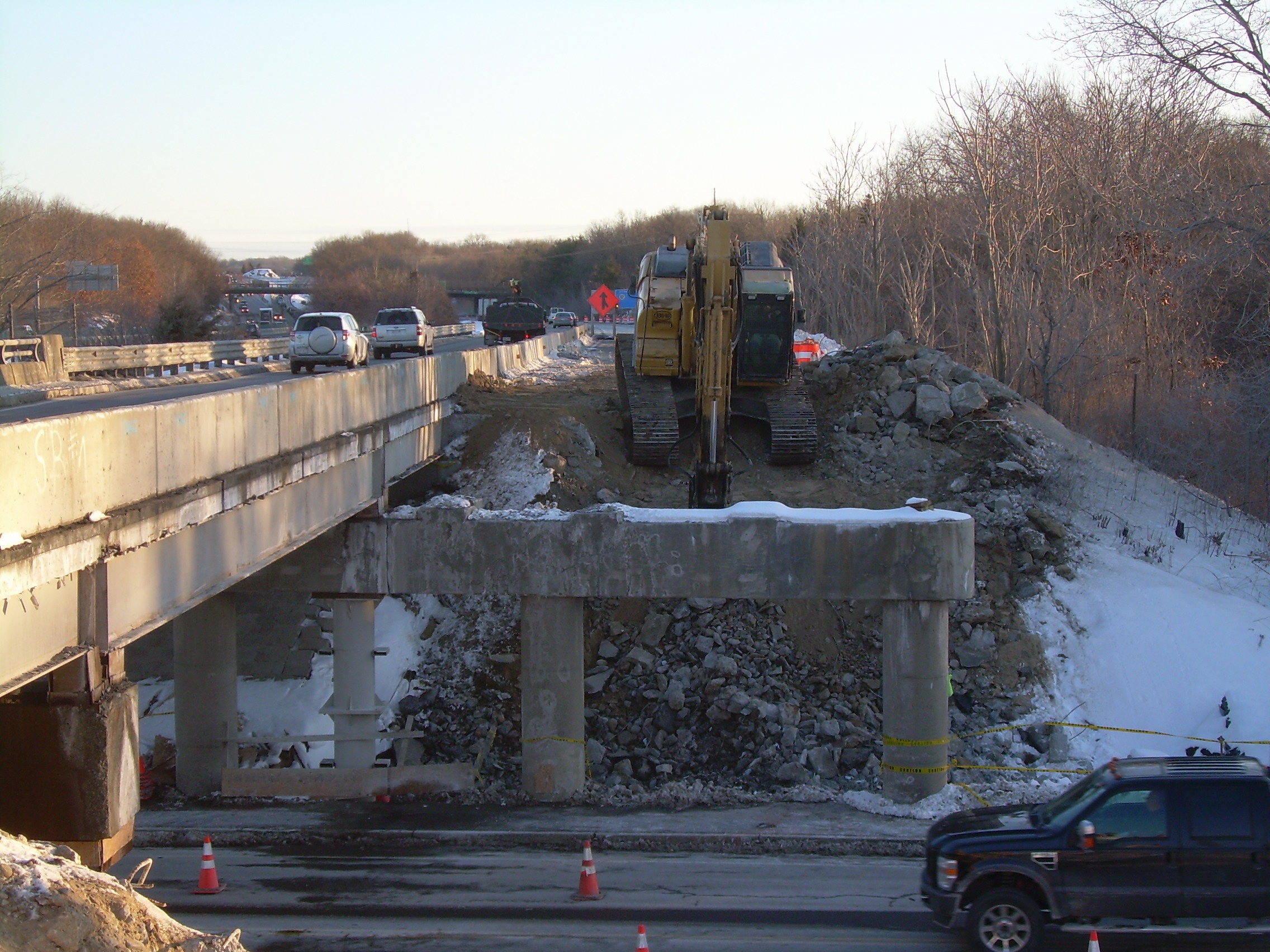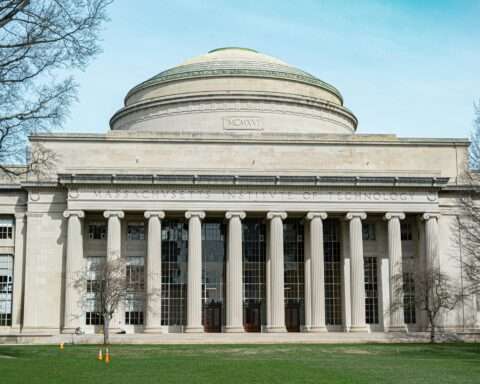Massachusetts is making a significant move to improve local transportation funding for infrastructure projects around the state.
Governor Maura Healey is announcing reformations to the state’s Chapter 90 program, which provides municipalities with funds to conduct transformative transportation projects statewide. The proposed changes, part of the Governor’s House 1 proposal, will work to significantly increase funding for roads and bridges, offering much-needed resources to local governments and municipalities.
The Chapter 90 program has long been a vital tool for cities and towns to maintain and upgrade local and regional transportation networks. Established in 1973, Chapter 90 funding is formulaically distributed to a wide range of transportation projects, such as pavement improvements, sidewalk developments, bridge restorations and bike and pedestrian infrastructure. Despite this, funding through the program has remained mostly stagnant since 2012.
RELATED: Massachusetts unveils $8 billion strategy to fund next decade of transportation projects
Addressing concerns from localities, the state created the Chapter 90 Advisory Group to investigate the need for program updates, which included contributions from municipal leaders and public works officials. Following the release of the final report, the advisory group recommended changes to Chapter 90’s distribution formula that could combat inflation, rising construction costs and the impacts of climate change.
The new bond bill authorizes the state to borrow $1.5 billion over the next five years for local transportation initiatives, a 50% increase annually from previous fiscal years. Utilizing voter-approved Fair Share surtax revenues, the bill proposes to expand capital capacity to $300 million per year, which will work in tandem with the state’s recently-filed Fair Share state financing plan.
The infusion of state funds is expected to have a significant impact on the ability of local governments to tackle pressing infrastructure projects, particularly those aimed at improving transportation resilience and safety. By expanding the program’s capacity, the state seeks to boost economic development, improve public safety and enhance residents’ quality of life across the Commonwealth.
As part of the Governor’s proposal, the state also intends to file the Municipal Empowerment Act 2.0 (MEA) to retroactively provide more options for municipalities looking for funding opportunities.
As the legislature prepares to consider the effort, the proposed Chapter 90 reforms are part of a broader effort by the state to modernize government processes and strengthen infrastructure. Overall, the Governor’s agenda, which includes the $8 billion state transit financing plan and both the Chapter 90 update and MEA 2.0, intends to stabilize, enhance and transform Massachusetts’ transportation systems for the future.
Photo courtesy MassDOT, Public domain, via Wikimedia Commons













